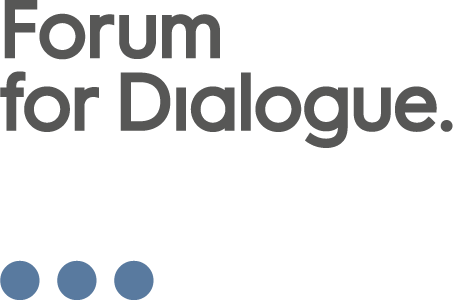Andrzej Grzegorczyk is an archeologist and museum professional who for last years has been involved in commemoration and research on the Shoah. Born and raised in Łódź, only as high school student did he realize that he had spent his childhood in the area of the former Litzmannstadt Ghetto. After witnessing the commemoration of the 60th anniversary of the liquidation of Litzmannstadt Ghetto in 2004, he took on himself discovering the history of Jewish population in Lodz, treating it as the vital part of local history of his hometown.
In 2013-2016 Andrzej worked in the Museum of the Former German Kulmhof Death Camp in Chełmno on Ner. While he served as Museum educator and guide, he spent hours discussing the tragedy of Shoah with visitors to Museum of the Former German Kulmhof Death Camp in Chełmno on Ner. This experience of active involvement in preservation of the site of memory deeply influenced his further professional and social activities. He became aware of the importance and transformative role of the memory of the past in people’s lives and decided to devote his time to teach about Shoah.
Andrzej has authored and co-authored academic and popular science publications devoted to the history of the death camp in Chełmno-on-Ner and the ghetto in Lodz. He coordinates educational projects, works as museum educator, and authors lesson scenarios, workshops, and educational tours. In his educational work he uses knowledge gained during various projects and trainings, among all participation in the “Human rights education in the sites of memory in the context of European history” organized by International Center for Education about Auschwitz and the Holocaust of the Auschwitz-Birkenau Museum and Memorial, The Museum of the History of Political Repression Perm-36 and Bergen-Belsen Memorial.
Since 2017 Andrzej works as a curator in the place of remembrance – Radegast Station (a division of the Museum of Independence Traditions in Lodz), where he develops an educational concept based on the Litzmannstandt-Getto Model project. Education is Andrzej’s main field of activity. He meets on the daily basis with students from mid- and high schools in Lodz and invites them for the extra-curriculum lessons to the site of memory Radegast Station. He also puts his efforts in popularizing the knowledge about Lodz Jewish history among general public. Last year, he organized a monthly walking tour in the area of former ghetto with invited experts. Those meetings gathered each time 70-100 people discovering different aspects of history of their town.





